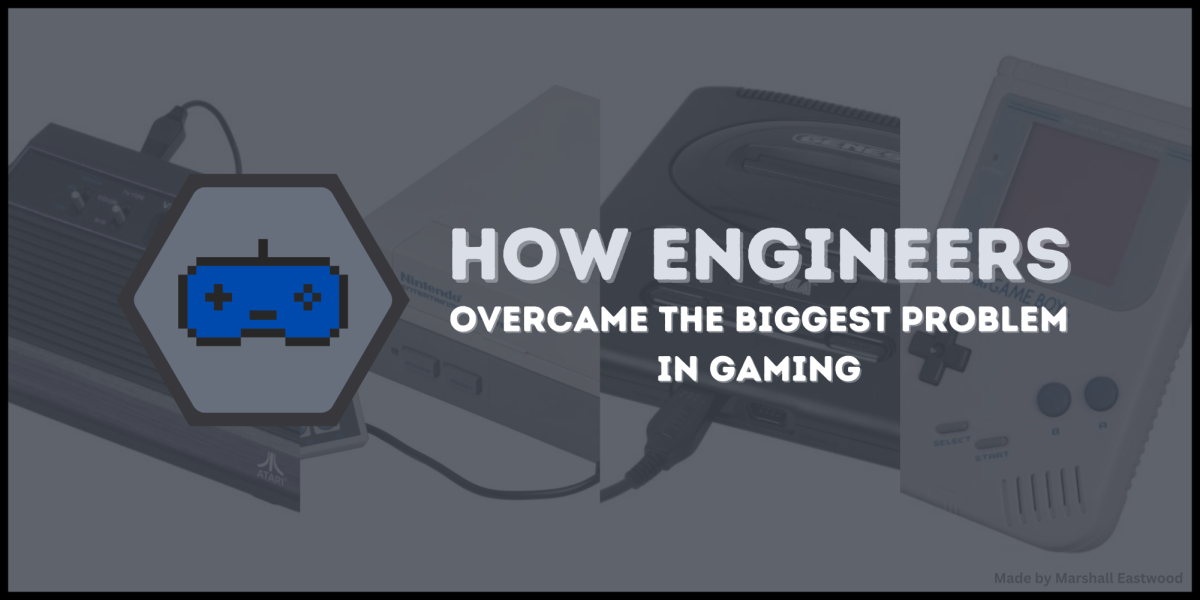Investing in education plays a crucial role in enhancing a country’s economic performance. Education has a profound impact on individuals and society at large; as people acquire knowledge and skills, they can experience significant improvements in their quality of life.
The question then arises: how does an individual’s education contribute to societal advancement? Additionally, in what ways does it foster personal growth?
According to the Census Bureau, about 89% of Americans have completed high school, earning either a diploma or a GED. In comparison, approximately 35% hold a bachelor’s or graduate degree, showcasing diverse levels of educational attainment across the population.
A large number of high school diplomas are awarded in states like California, Texas, and Florida, which also see a significant concentration of college degrees.
This trend is largely due to their substantial populations and diverse educational opportunities, highlighting their impact on the national educational landscape.
As education levels increase, so does the median income associated with those positions. The median household income for individuals with only a high school diploma is $36,835, while those with a bachelor’s degree have a median income of $68,728, according to the Census Bureau.
Achieving these educational levels is neither easy nor inexpensive, particularly in the United States. Public high schools are typically funded by tax dollars; however, textbooks are often not included in this funding and can cost between $40 and $90 per class.
College classes have a even higher expance than highschool.
According to the Education Data Initiative, attending college can average around $38,270 per year, including living expenses, books, and other supplies necessary for success in higher education.
When a nation invests in its education system, the benefits are far-reaching.
Chile exemplifies this by increasing its education spending by USD 2200 between 2010 and 2019, resulting in a remarkable 51% growth per full-time student. This commitment not only enhances educational quality but also empowers its youth for a prosperous future.
According to the Organisation for Economic Co-operation and Development (OECD), the United States dedicates a significant total of 8,909 hours each year to compulsory education for its students. In contrast, the OECD average for compulsory education across member countries is notably lower, at 7,634 hours per year.
This discrepancy highlights the United States’ commitment to extended educational engagement, which may reflect differing educational priorities, policies, and approaches to learning compared to other countries. Pursuing higher education opens the door to a brighter future, not just for individuals, but for society as a whole.
It’s a journey that empowers personal growth, fosters innovation, and cultivates a more informed and connected community.
Research by Brookings.edu indicates that individuals with high school diplomas or higher educational degrees tend to experience lower rates of unemployment and poverty compared to those who do not possess such qualifications. By pursuing higher education, individuals enhance their opportunities for stable employment and ultimately improve their overall quality of life.
This, in turn, benefits society by fostering economic growth, reducing crime rates, and promoting innovation.
However, the traditional path of becoming a teacher is losing its appeal. Many individuals, even those passionate about education, are deterred by the challenges of the modern classroom. Factors such as low pay, increased administrative burdens, and a lack of support can make the profession less attractive.
This trend raises concerns about the future of education and the quality of teaching, particularly at a time when quality educators are crucial for the development of future generations.
The landscape of education is being shaped by technological advancements. As students utilize tools such as AI to produce various written assignments such as essays or short answer responses, there is a need for educators to incorporate similar tools to detect submissions that may not originate from human authors. Additionally, educators can utilize AI to improve lesson planning, grading, and various other parts of their job.
In response to these challenges, educational institutions are beginning to adapt and innovate. The integration of technology in classrooms offers opportunities to enhance teaching methods and engage students in new ways.
Blended learning models, which combine traditional teaching with online resources, are becoming increasingly popular. This approach not only caters to diverse learning styles but also prepares students for a digital world where technology plays a central role.
Moreover, schools are exploring partnerships with tech companies and educational platforms to provide greater access to resources and learning tools. By leveraging these relationships, educators can bring real-world applications into their curriculum, enriching the educational experience and making learning more relevant and stimulating for students.
On the teacher’s side, professional development programs are being restructured to focus on equipping educators with the necessary skills to navigate this technological landscape.
By offering ongoing training and support, schools can help alleviate some of the administrative burdens that deter individuals from pursuing teaching careers. This, in turn, could potentially draw more passionate educators into the field, ensuring that future generations benefit from skilled and motivated teachers.
Mentoring and coaching programs are being introduced to encourage collaboration among teachers. Experienced educators can share insights and strategies with newer teachers, fostering a supportive community that enhances teaching effectiveness and job satisfaction. This collective approach not only improves the teaching experience but also leads to better outcomes for students.
As society moves forward, the emphasis on life-long learning continues to grow. Workers are encouraged to seek additional education and training throughout their careers to remain adaptable in an ever-evolving job market.
The rise of online courses and certifications provides pathways for adults to enhance their skills without the need for traditional, time-extensive degree programs. This shift towards modular education reflects a recognition that learning is not confined to the early years of life, but rather a continuous journey that spans a lifetime.
The conversation surrounding education must include discussions on equity and accessibility. It is crucial to address the barriers that marginalized communities face in accessing quality education. Initiatives aimed at closing the educational gap, such as scholarship programs, tutoring opportunities, and community support networks, play a vital role in ensuring that all individuals have the chance to achieve their educational goals.
In conclusion, investing in education not only benefits individual learners but also strengthens society as a whole. As we embrace the dynamics of modern education, it is essential to remain focused on improving access, quality, and relevance in our educational systems.
By doing so, we can cultivate a richer, more prosperous future for all, where knowledge and skills unlock the doors to opportunity and innovation, driving economic growth and societal advancement.








